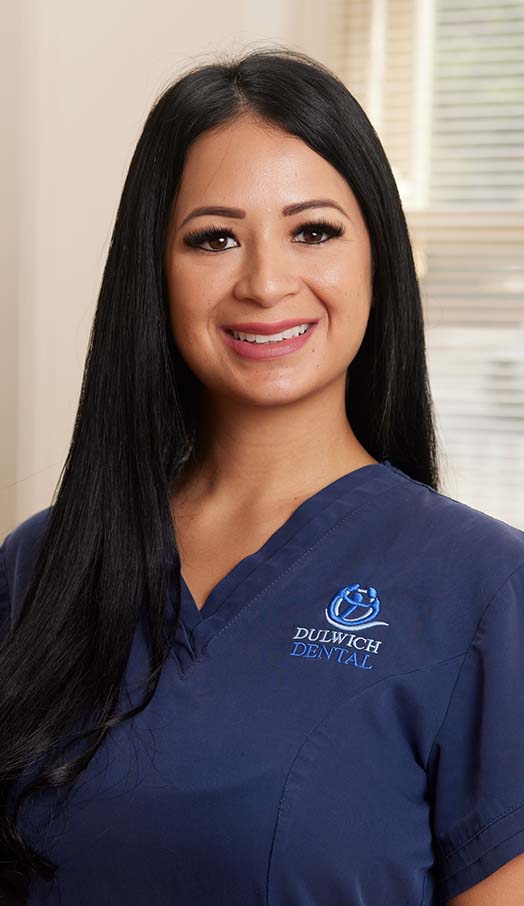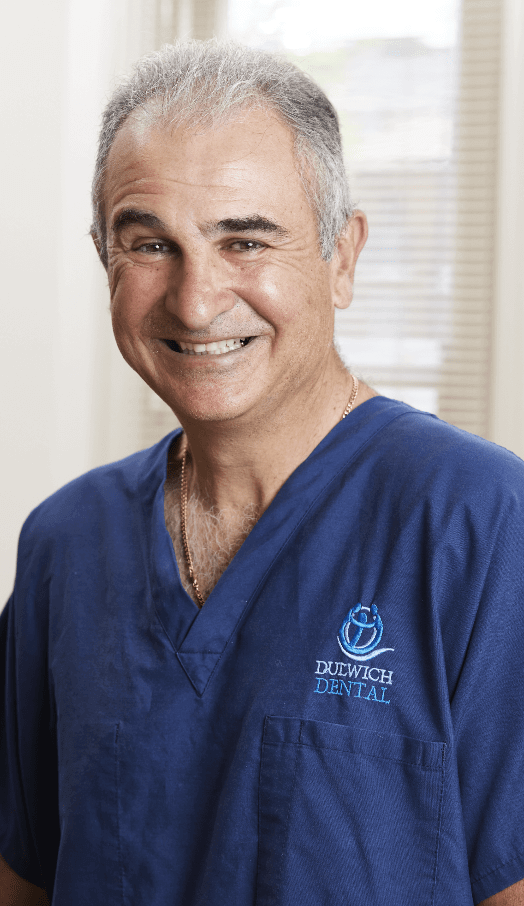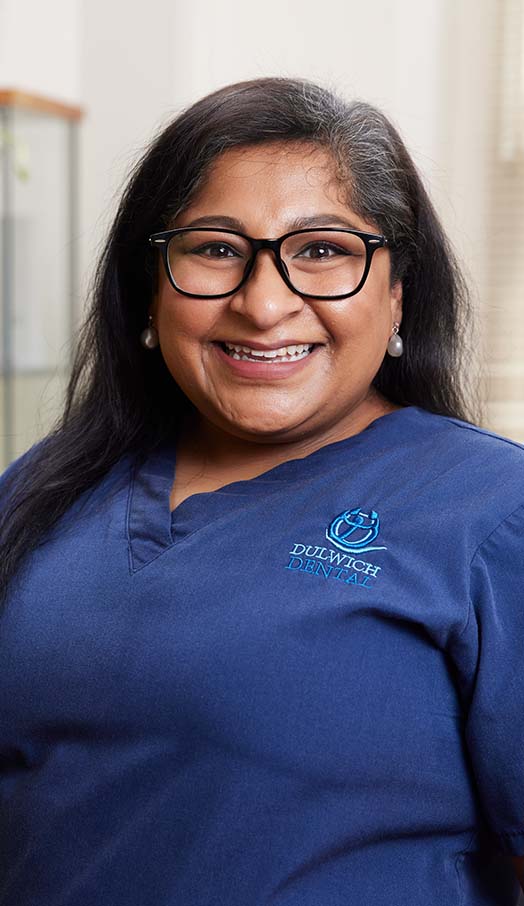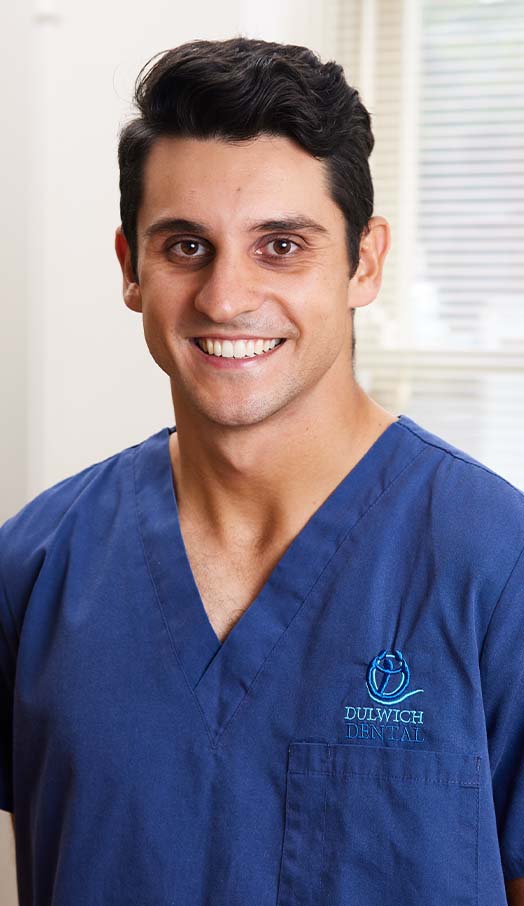Post-treatment care
At Dulwich Dental, our care extends beyond the time you spend in our clinic. Our staff are committed to providing you with the information and advice you need after your treatment. In many cases, our dentists may recommend some post-procedural check-ups to ensure that you are healing correctly and that your treatment is working effectively.
We’ll always provide you with detailed post-treatment advice after you undergo any procedure in our clinic. If you’d like some general tips, however, you can find post-treatment and post-operative advice for common procedures below.











